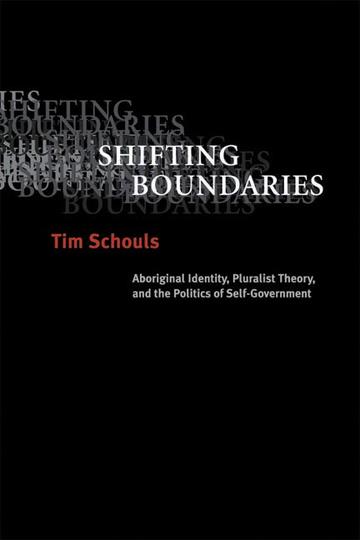About BC Books Online
BC Books Online was created for anyone interested in BC-published books, and with librarians especially in mind. We'd like to make it easy for library staff to learn about books from BC publishers - both new releases and backlist titles - so you can inform your patrons and keep your collections up to date.
Our site features print books and ebooks - both new releases and backlist titles - all of which are available to order through regular trade channels. Browse our subject categories to find books of interest or create and export lists by category to cross-reference with your library's current collection.
A quick tip: When reviewing the "Browse by Category" listings, please note that these are based on standardized BISAC Subject Codes supplied by the books' publishers. You will find additional selections, grouped by theme or region, in our "BC Reading Lists."
Canada is often called a pluralist state, but few commentators view Aboriginal self-government from the perspective of political pluralism. Instead, Aboriginal identity is framed in terms of cultural and national traits, while self-government is taken to represent an Aboriginal desire to protect those traits. Shifting Boundaries challenges this view, arguing that it fosters a woefully incomplete understanding of the politics of self-government. Taking the position that a relational theory of pluralism offers a more accurate interpretation, Tim Schouls contends that self-government is better understood when an “identification” perspective on Aboriginal identity is adopted instead of a “cultural” or “national” one. He shows that self-government is not about preserving cultural and national differences as goods in and of themselves, but rather is about equalizing current imbalances in power to allow Aboriginal peoples to construct their own identities. In focusing on relational pluralism, Shifting Boundaries adds an important perspective to existing theoretical approaches to Aboriginal self-government. It will appeal to academics, students, and policy analysts interested in Aboriginal governance, cultural studies, political theory, nationalism studies, and constitutional theory.
Tim Schouls divides his time between the University of British Columbia and Capilano College, teaching and doing research in Canadian politics, Aboriginal governance issues, and political theory.
This is an academically courageous effort, fording into an area well marked in Canada ... Tim Schoul’s book is important as it gives us a window into how Aboriginal self-government policy in Canada may indeed develop once a period of “treaty federalism” is over. We can only hope that his “relational pluralism” – highly-contextually defined, open to renegociation, driven by local needs, rooted in mutual trust and justice – will prevail. It is refreshing to read his optimism and the book will no doubt play a part in the shaping of public policy and national debate on Aboriginal self-government.



